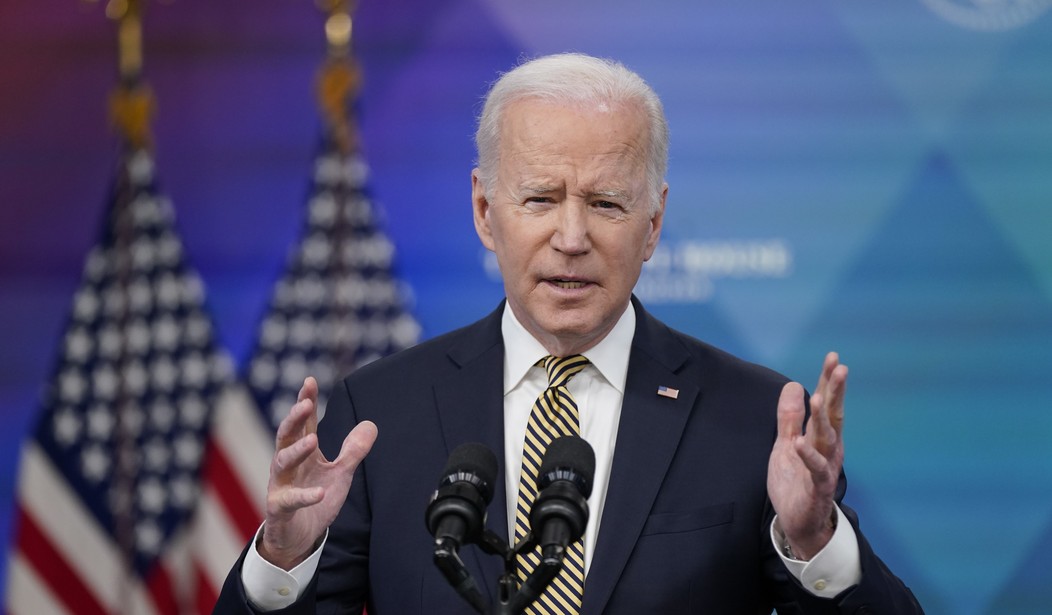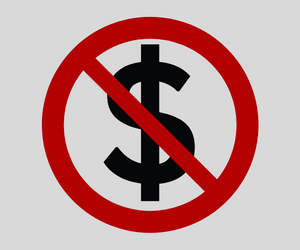Speaking to reporters at NATO headquarters in Brussels Thursday afternoon, President Joe Biden warned Americans a food shortage is coming. Citing the war being waged by Russia and Ukraine, in addition to sanctions imposed by the west, Biden said warnings about fertilizer and wheat scarcity are real.
"We did talk about food shortages. It's going to be real. The price of these sanctions is not just imposed upon Russia. It's imposed upon an awful lot of countries as well including European countries and our country as well," Biden said.
Biden on food shortages: "It's going to be real." pic.twitter.com/QGWRCf6LiB
— Townhall.com (@townhallcom) March 24, 2022
The White House first acknowledged the potential for a food shortage last week. Contrary to what Biden said during his remarks, Press Secretary Jen Psaki said then that the shortage would not have an impact on the United States.
"While we're not expecting a food shortage here at home, we do anticipate that higher energy, fertilizer, wheat, and corn prices could impact the price of growing and purchasing critical fuel supply, food supplies for countries around the world," Psaki said. "And early estimates from the World Bank suggest disproportionate impacts on low- and middle-income countries including in Africa, the Middle East, and Southeast Asia."
"Ukraine is a big exporter of fertilizer. So as it relates to even that need in the United States and other parts of the world, that's something that we're continuing to closely assess as well," she continued.
Recommended
Fertilizer shortage, which could lead to a food shortage, is on the White House radar
— Katie Pavlich (@KatiePavlich) March 16, 2022
Farmers and truckers in the United States have been sounding the alarm about the pending crisis.
This is from a friend who is a farmer. He told me the cost of water is becoming astronomical as well. It’s almost $800 per acre ft. pic.twitter.com/CGEy4OGnz0
— Tamika Hamilton (@TamikaGHamilton) March 14, 2022
Convo with farm today:
— Douglas Karr (@douglaskarr) March 11, 2022
- Meat processors booked out a year because stockpiling beef.
- Farmers in South can’t get fertilizer for crops now.
- Farmers in Midwest are switching, can’t get nitrogen nor fertilizer.
Buckle up, folks! The media isn’t even warning you. #economy


























Join the conversation as a VIP Member